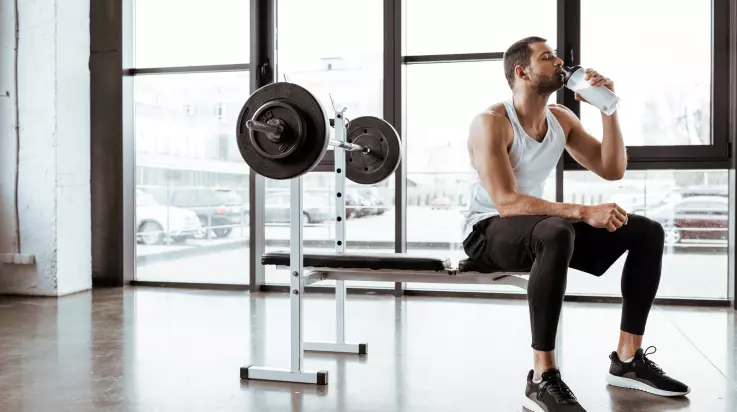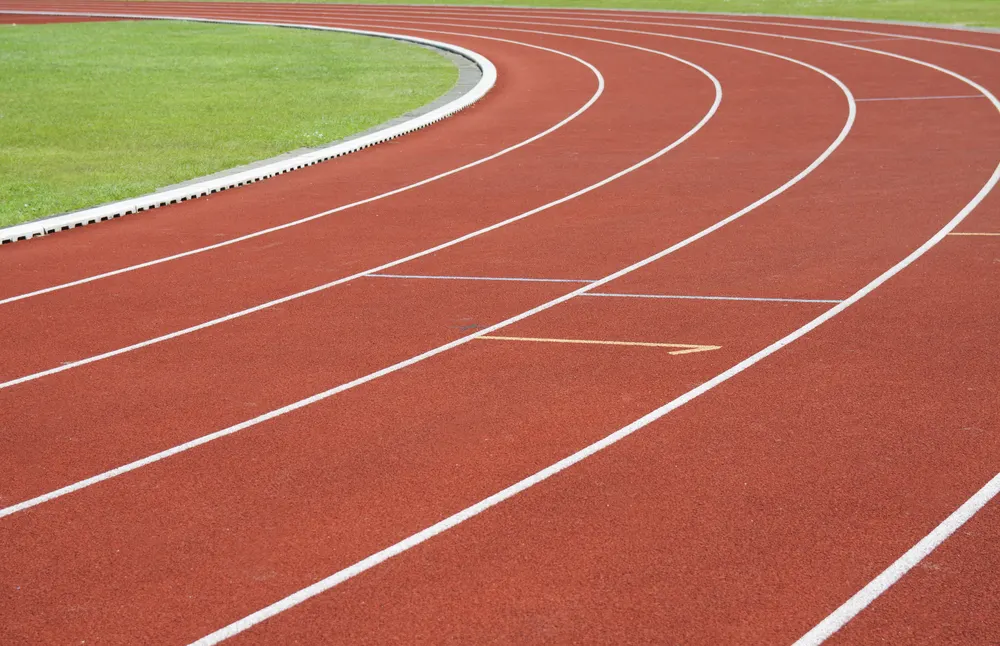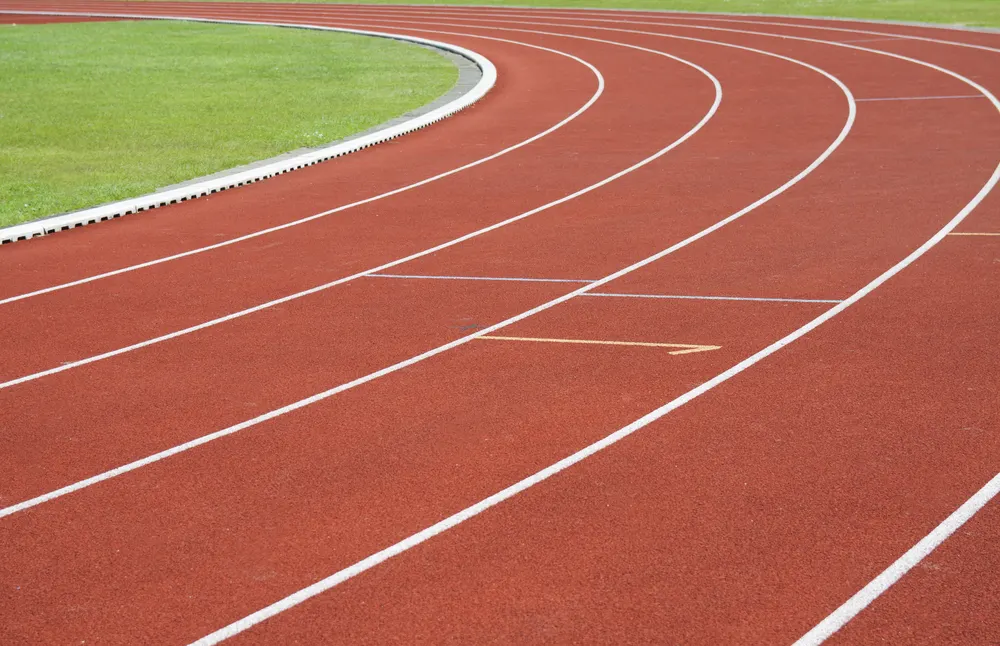Navigating nutrition: Insights from a consultant
How can your young athlete(s) eat to increase muscle mass?
While the image of rippling muscles can be off-putting to many, particularly young females, an increase of muscle mass (big or small) is always beneficial for sports performance.
By increasing muscle mass, there is also an increase in power and strength – both highly desired by youth athletes to excel in their chosen sport. There are also increases to their resting metabolic rate, decreased body fat levels, improved muscle function and improved bone strength to name a few [1].
Firstly, protein
Young, growing teens have consumed protein to aid muscle repair and growth for generations, but it wasn’t until the 1950s that the complete function of this mighty nutrient was truly understood.
Protein from the food they eat is broken down into smaller molecules in the stomach by a digestive enzyme called pepsin, which is then further broken down in the gut to amino acids [2]. Amino acids are often called the building blocks of protein and join to make chains known as peptides [3].
Specific chains of peptides are fundamental for many physiological processes such as muscle cells, enzymes, and chemical reactions.
Protein is regarded as the building block of life. Amino acids are the building blocks of protein!
If your kids are training intensively, their bodies will increase the rate of muscle breakdown, demand more protein and amino acids to aid repair, grow, and strengthen; a process called muscle protein synthesis (MPS) [4].
Overwhelming evidence proves that by ensuring the ‘right’ amount of quality protein to create a positive nutrient balance, that this will provide the perfect environment for muscle growth and repair.
MPS is the driving force behind the body’s adaptive response to exercise and represents the efficacy of the short and long-term interventions used to manipulate muscle growth via intense training and optimal nutrition - in particular quantity protein intake and timing [5].
Whilst increased intake of quality protein is beneficial for all, it is of prime importance for those focusing on increasing muscle mass, recovery, strength and power output.
An increased requirement for protein during exercise is supported by an overwhelming amount of research, denoting that if optimal protein intakes are not met, progress simply cannot occur [6].

Protein is regarded as the building block of life. Amino acids are the building blocks of protein!
Intense training, optimal nutrition and rest are the key elements to enabling muscle growth within youth athletes.
For those wanting to push MPS, an increase in overall calories is needed and this can vary from person to person – dependant on their sport, metabolism, lifestyle and genetics.
A easy to use base calculation can be made by ensuring your young athletes protein intakes are 1-1.4g per kg of body weight. Carbs 3-5g per kg and fats 0.5g per kg [10].






